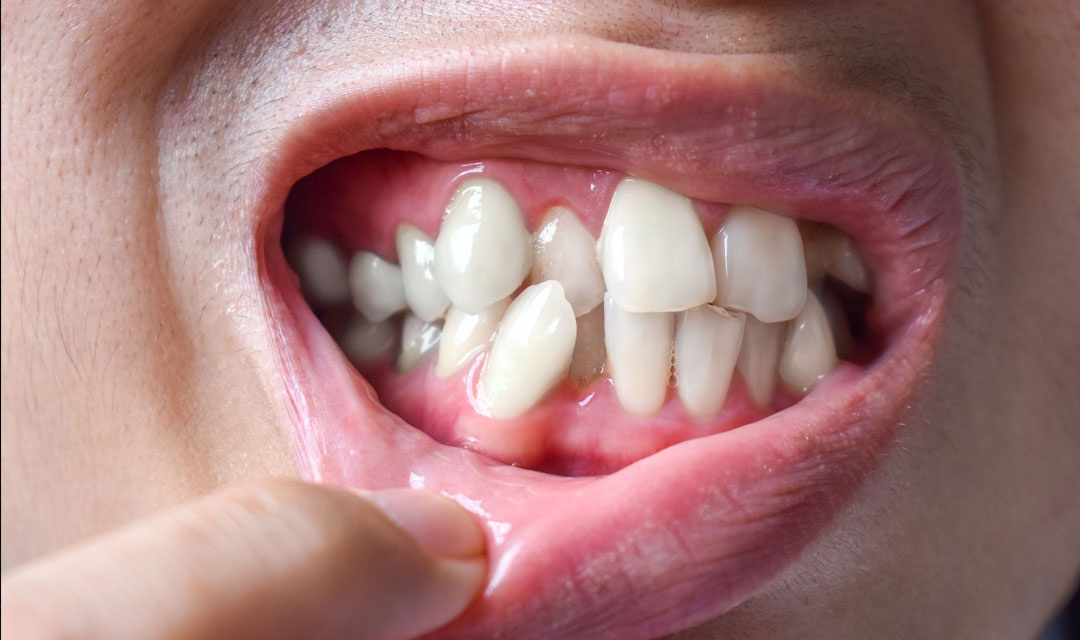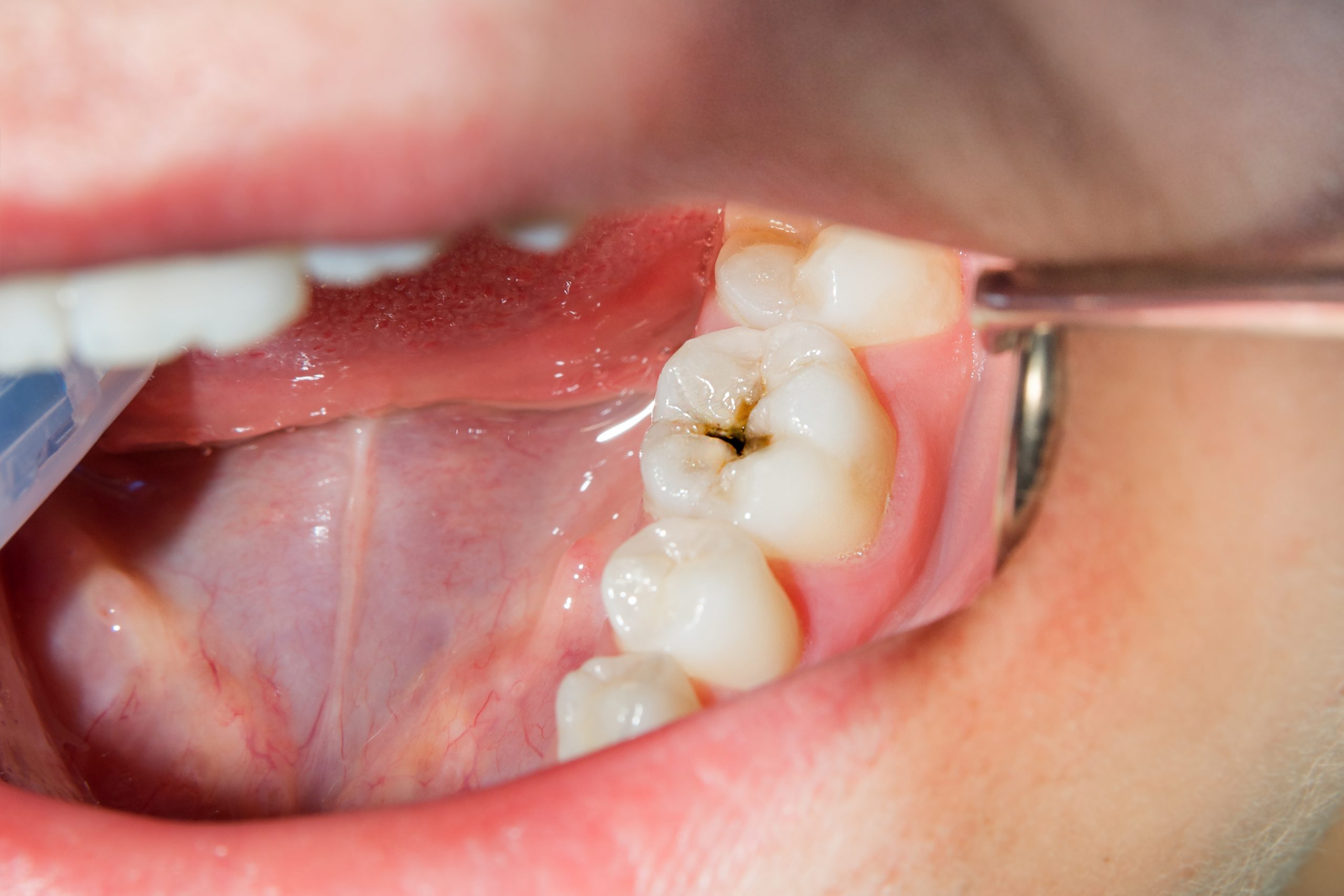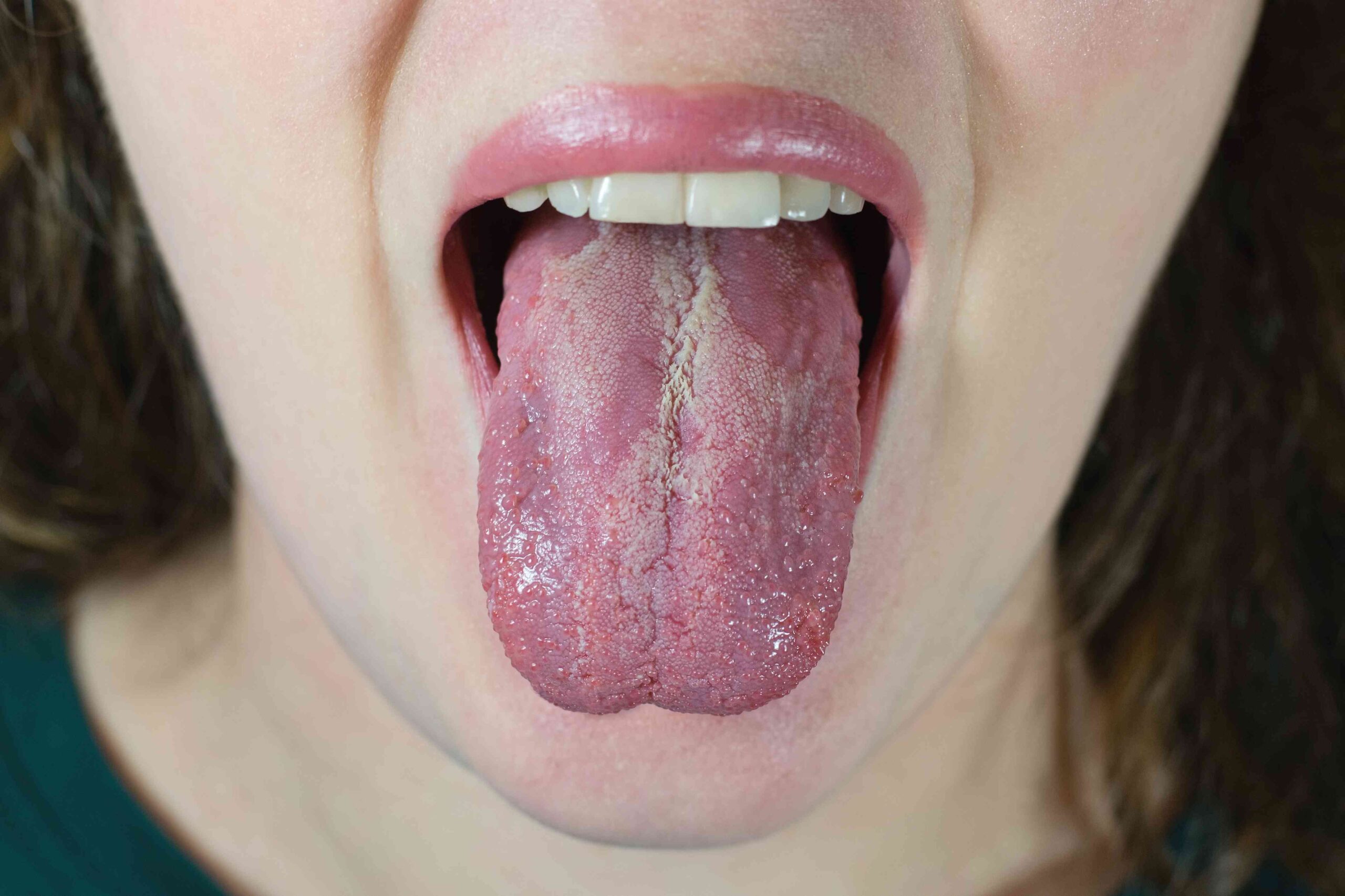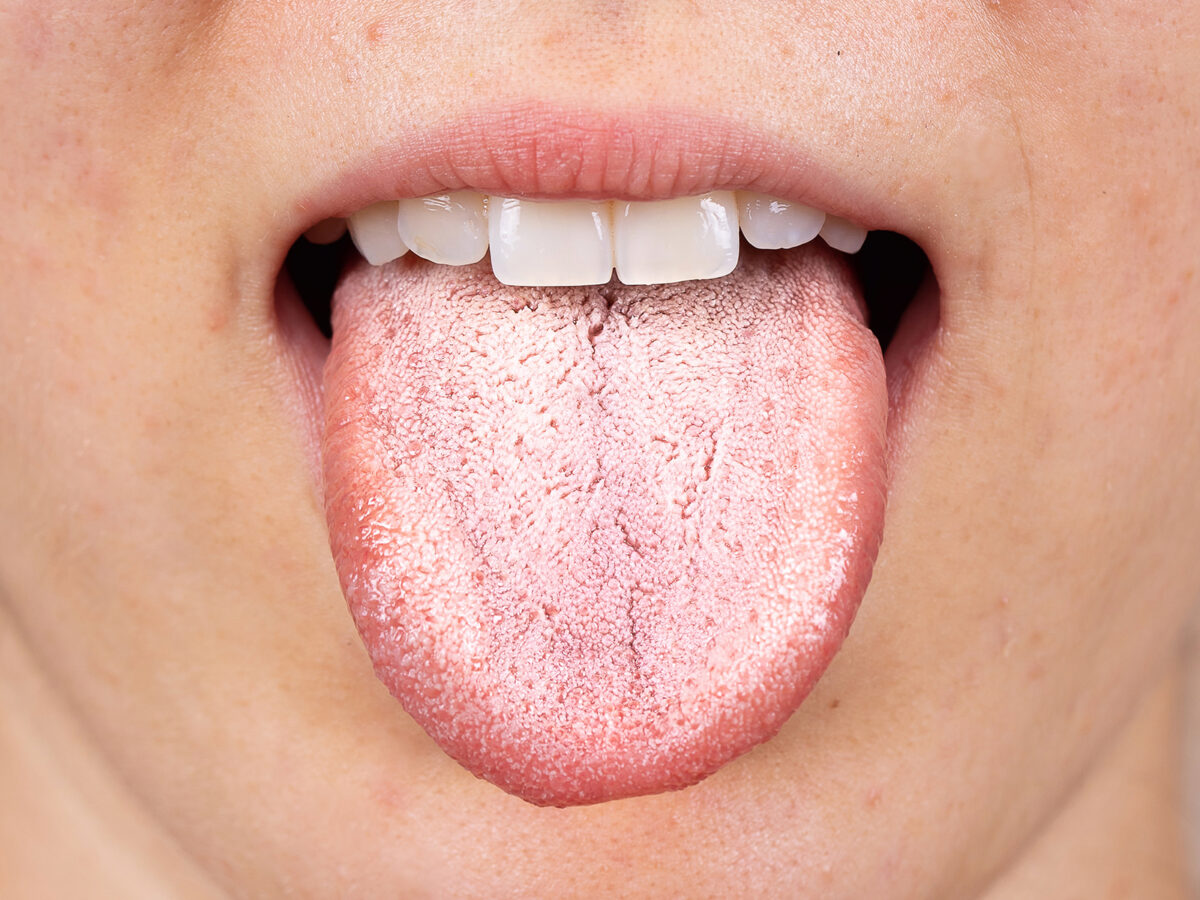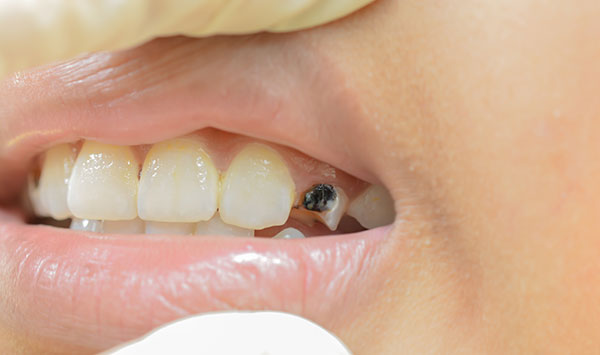At Earth Dental Hospital, we understand how debilitating tooth sensitivity can be. Whether you’re experiencing discomfort when drinking hot or cold beverages, or even when brushing your teeth, tooth sensitivity can interfere with your daily life. In this blog, we’ll explore what causes tooth sensitivity, the common symptoms, and how to manage and treat it effectively.
What Is Tooth Sensitivity?
Tooth sensitivity, also known as dentin hypersensitivity, refers to discomfort or pain when teeth are exposed to certain stimuli, such as temperature changes, sweet or acidic foods, or even brushing. It occurs when the underlying layer of your teeth, known as dentin, becomes exposed.
The dentin is the sensitive layer beneath your tooth enamel, and when it is exposed due to the wearing down of enamel or receding gums, nerve endings become irritated, leading to pain or discomfort.
Common Causes of Tooth Sensitivity
Several factors can contribute to tooth sensitivity. Here are some of the most common causes:
-
Worn Enamel
Enamel is the protective outer layer of your teeth. Over time, it can wear down due to age, poor brushing habits, acidic food and drinks, or even teeth grinding (bruxism). When enamel thins, the dentin underneath becomes exposed. -
Gum Recession
Gum recession occurs when the gums pull away from the teeth, exposing the sensitive root areas. This is a common issue for those with gum disease or who brush too aggressively. -
Tooth Decay or Cavities
Cavities or decay can break down the enamel and expose the dentin. Left untreated, they can worsen sensitivity and lead to infection or more serious dental issues. -
Cracked or Chipped Teeth
A cracked or chipped tooth can expose the inner layers, causing sensitivity to temperature and pressure. -
Teeth Whitening Products
Some whitening treatments can cause temporary sensitivity, especially if used excessively. The chemicals in whitening products can wear down enamel, leading to discomfort. -
Bruxism (Teeth Grinding)
Grinding or clenching your teeth, often during sleep, can cause enamel wear and lead to tooth sensitivity. It can also contribute to cracked teeth and gum recession.
Symptoms of Tooth Sensitivity
The primary symptom of tooth sensitivity is pain or discomfort, which can range from mild to severe. This discomfort is typically triggered by:
-
Hot or cold foods and drinks (such as coffee, ice cream, or cold water)
-
Sweet or acidic foods (like citrus fruits or sodas)
-
Brushing or flossing (especially if done too aggressively)
-
Breathing in cold air
For some people, the discomfort may be brief and mild, while for others, it can last for several minutes after exposure to a trigger.
How to Prevent and Treat Tooth Sensitivity
While tooth sensitivity can be frustrating, there are several steps you can take to manage and even prevent it. Here are some solutions that may help:
-
Use a Soft-Bristled Toothbrush
Brushing too hard can wear down enamel and cause gum recession. Switching to a soft-bristled toothbrush and brushing gently can help protect your teeth. -
Use Toothpaste for Sensitive Teeth
Specialized toothpaste for sensitive teeth contains compounds that help block pain signals from reaching the nerves in your teeth. Make sure to use this type of toothpaste daily for relief. -
Avoid Acidic Foods and Drinks
Acidic foods and drinks, like citrus fruits, soda, and wine, can erode enamel. If you consume these, try to rinse your mouth with water afterward or use a straw to minimize contact with your teeth. -
Wear a Nightguard
If you grind your teeth at night, a custom-fitted nightguard can protect your teeth from further enamel wear and reduce sensitivity. -
Address Gum Recession
If gum recession is a factor in your tooth sensitivity, your dentist may recommend treatments like scaling and root planing to address gum disease. In some cases, gum grafts may be needed to restore the gum line. -
Consider a Fluoride Treatment
Fluoride can help strengthen enamel and reduce sensitivity. Your dentist may recommend professional fluoride treatments, or you can use fluoride mouth rinses or toothpaste at home. -
Dental Sealants
In some cases, your dentist may apply a dental sealant to the exposed areas of your teeth to protect them from sensitivity triggers.
When to See a Dentist
While some cases of tooth sensitivity can be managed with at-home remedies, it’s essential to consult a dentist if:
-
The sensitivity persists for more than a few weeks
-
The pain is severe or constant
-
You notice swelling, bleeding gums, or other signs of infection
-
You suspect you may have cavities, cracks, or other dental issues
At Earth Dental Hospital, our experienced team of dentists can evaluate the underlying causes of your tooth sensitivity and recommend a tailored treatment plan to provide you with long-lasting relief.
Conclusion
Tooth sensitivity can be a discomforting and frustrating experience, but with the right care and treatment, you can manage the condition and protect your teeth from further damage. If you’re experiencing tooth sensitivity or have any concerns about your oral health, don’t hesitate to contact Earth Dental Hospital. Our team is here to help you achieve and maintain a healthy, pain-free smile.

